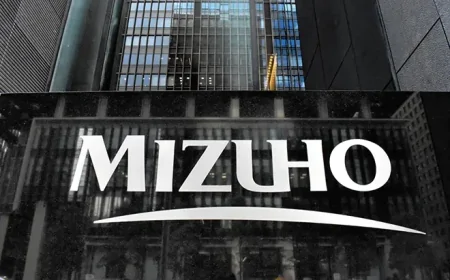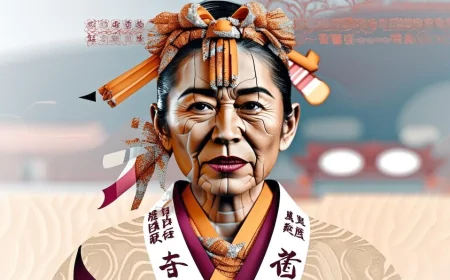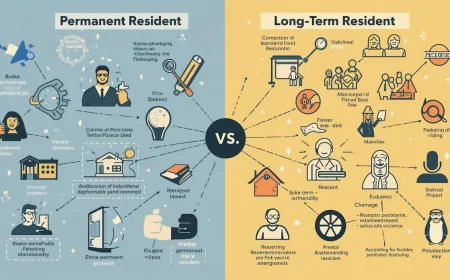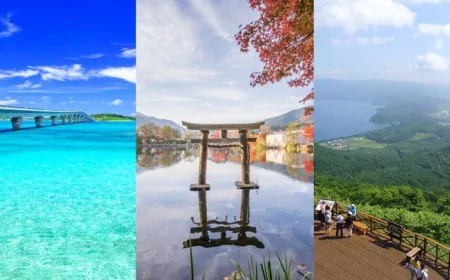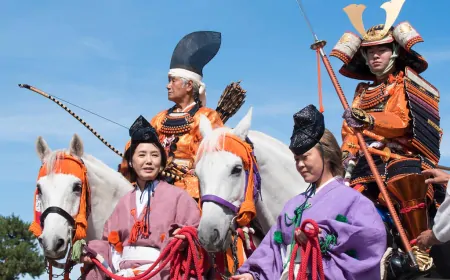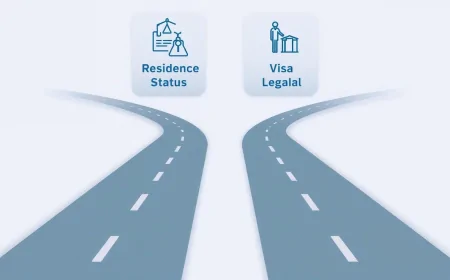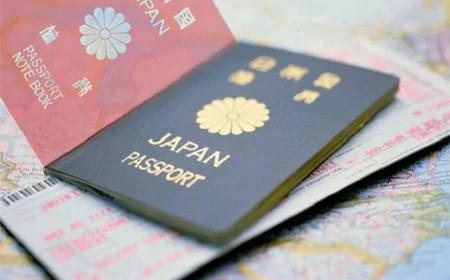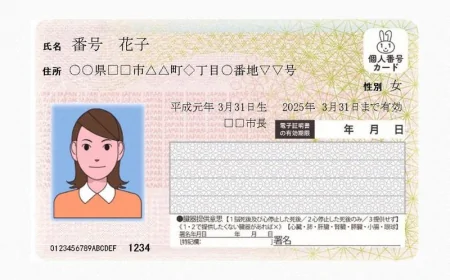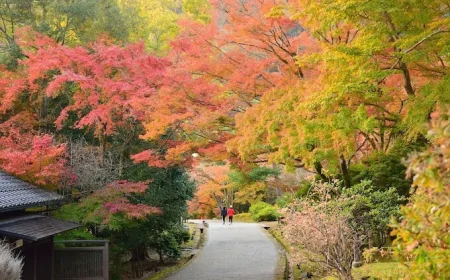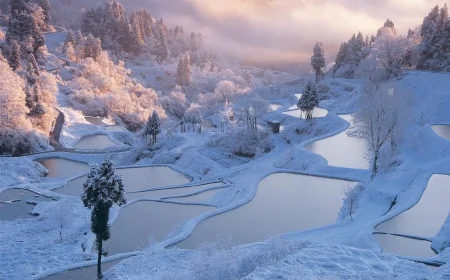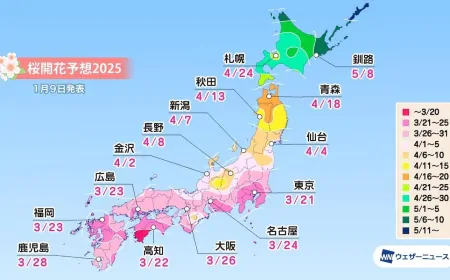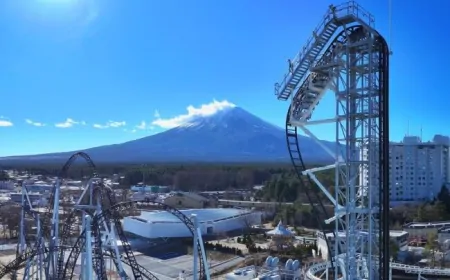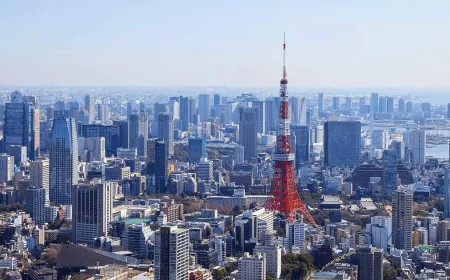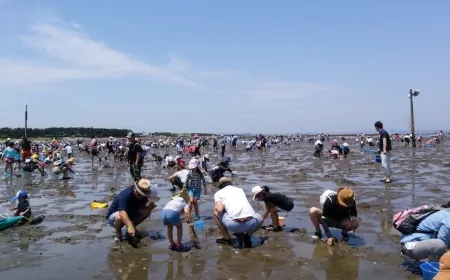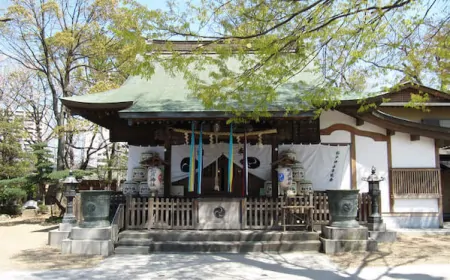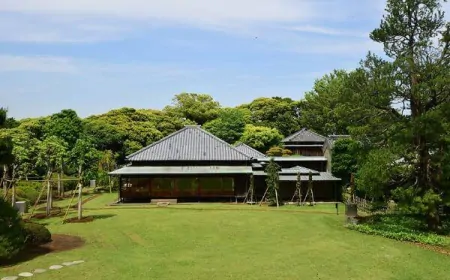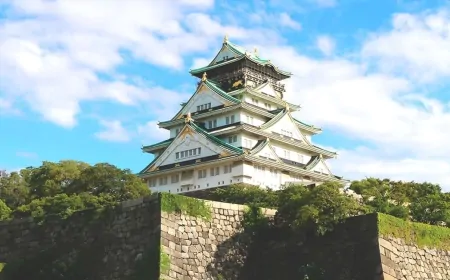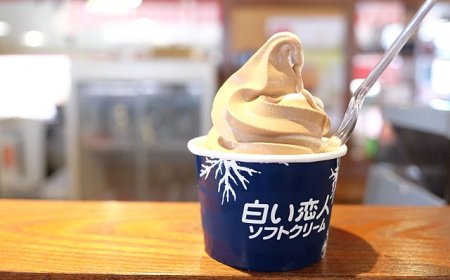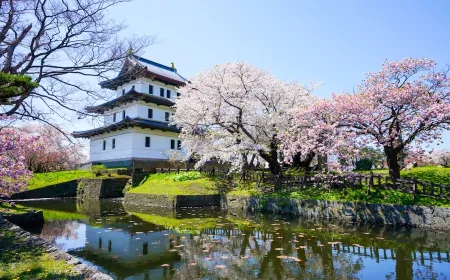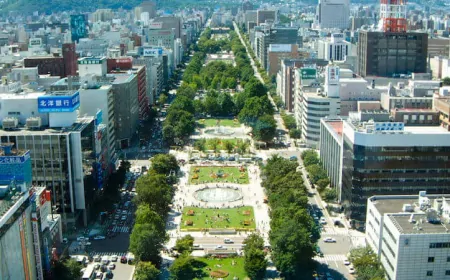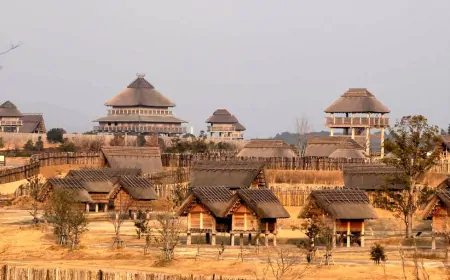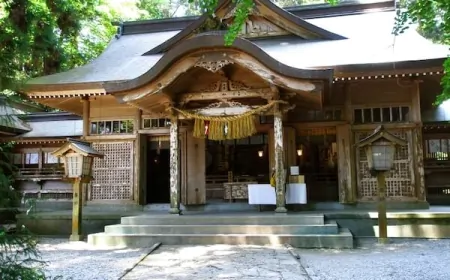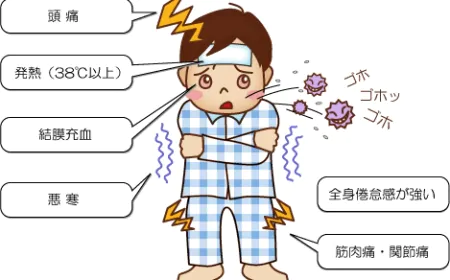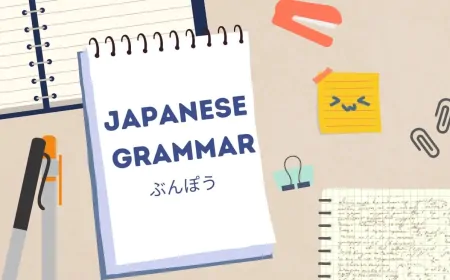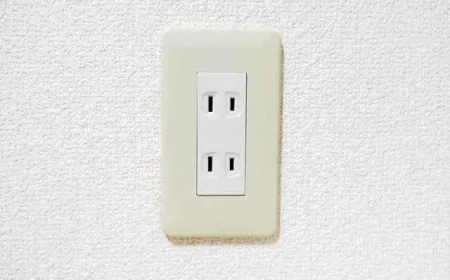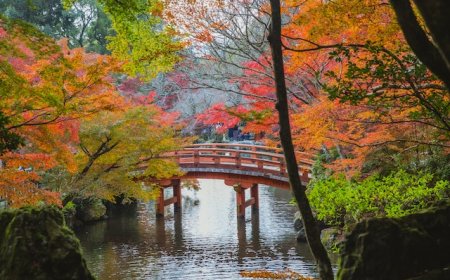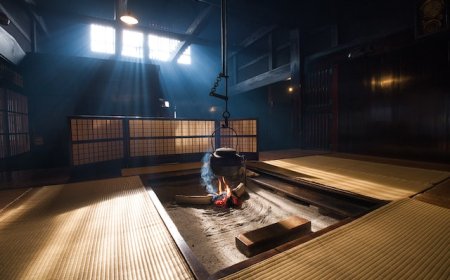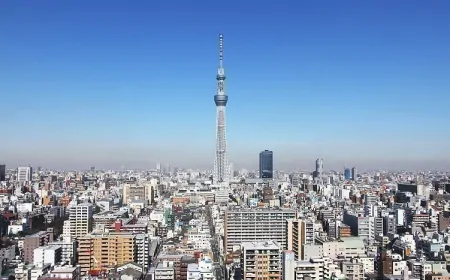Education system in Japan

Japan is widely recognized for its efficient and high-quality education system. With a strong emphasis on academic excellence, discipline, and a well-rounded education, the Japanese education system has gained international acclaim.
The following Injavi will provide a detailed overview of the school system in Japan, highlighting its structure, curriculum, and unique characteristics.
1. Structure of the Education System
The education system in Japan is divided into several levels, including preschool, elementary school, junior high school, high school, and higher education. Compulsory education in Japan starts from the age of six and extends until the completion of junior high school, which covers a period of nine years.
a. Preschool: Preschool education is optional but widely available for children between the ages of three and six. Preschools focus on developing social skills, basic academic knowledge, and fostering creativity in young children.
b. Elementary School: Elementary education begins at the age of six and lasts for six years. The curriculum includes subjects such as Japanese language, mathematics, science, social studies, and physical education. Moral education, music, and arts are also integral parts of the curriculum.
c. Junior High School: After completing elementary school, students attend three years of junior high school, starting from the age of 12. The curriculum expands to include additional subjects such as English, home economics, and foreign languages. Students also participate in club activities and are encouraged to develop teamwork and leadership skills.
d. High School: High school education is not compulsory in Japan, but the majority of students choose to continue their studies. High schools provide general education as well as specialized courses, such as science, arts, or vocational training. High schools prepare students for university entrance exams or provide practical skills for future careers.
e. Higher Education: Higher education institutions in Japan include universities, junior colleges, and technical schools. Entrance to universities is highly competitive and is based on the results of the rigorous national entrance examination. Japan is renowned for its prestigious universities, both public and private, offering a wide range of academic disciplines.
2. Curriculum and Teaching Methods
The Japanese education system emphasizes a strong foundation in core subjects, including mathematics, science, and Japanese language. The curriculum focuses on building a broad knowledge base while promoting critical thinking, problem-solving skills, and creativity.
Teaching methods in Japan are often teacher-centered, with an emphasis on discipline and respect for authority. Students are expected to actively participate in class discussions, ask questions, and engage in group activities. The education system also places great importance on moral and character education, instilling values such as respect, responsibility, and cooperation.
3. Unique Features of the Japanese Education System:
- Uniforms: Most schools in Japan require students to wear uniforms, promoting a sense of unity, discipline, and equality among students.
- Cleaning Activities: Cleaning classrooms and school premises are considered part of the education process. Students take turns performing cleaning duties, fostering a sense of responsibility and cleanliness.
- Extracurricular Activities: Clubs and extracurricular activities play a vital role in the Japanese education system. Students can join various clubs, including sports, arts, music, and academic clubs, to develop their interests and talents outside of the regular curriculum.
- School Festivals: Schools organize annual cultural festivals where students showcase their talents through performances, exhibitions, and cultural activities. These festivals foster teamwork, creativity, and a sense of community.
The education system in Japan is renowned for its academic excellence, strong discipline, and emphasis on character development. With a well-structured curriculum, dedicated teachers, and a range of extracurricular activities, the Japanese education system strives to provide students with a holistic education that prepares them for future success.
A list of schools in Japan can be found on the Mansan.jp Business Listing page. This is one of the major Business Listing sites that provide useful links for foreigners in Japan.
The education system in Japan is known for its intense academic pressure and highly competitive nature. Students often face rigorous studying schedules and long hours of homework to prepare for entrance exams, particularly for prestigious universities. This emphasis on academic achievement can lead to significant stress among students and a focus on rote memorization rather than critical thinking or creativity.
Furthermore, Japan places great importance on the role of teachers in shaping students' lives. Teachers are highly respected and considered authority figures, responsible not only for academic instruction but also for instilling values, discipline, and moral education.
In recent years, Japan has also been working to incorporate more modern teaching methods and foster creativity and independent thinking. There is a growing recognition of the need to balance academic excellence with the development of well-rounded individuals who can thrive in an increasingly globalized and technologically advanced world.
記事に関連する商品








